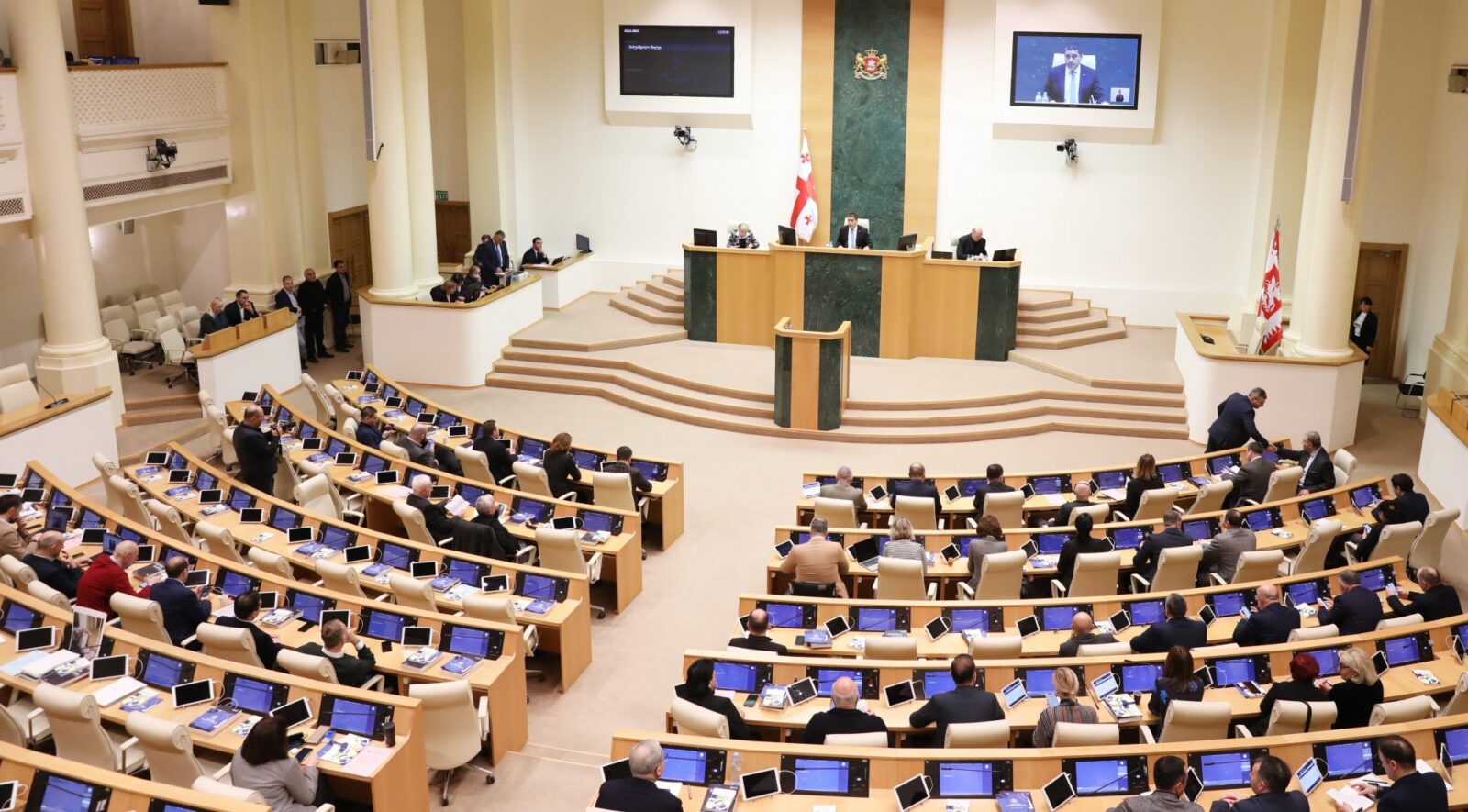On December 22, the Parliament of Georgia voted for the candidates for Public Defender, but none of them got the sufficient number of votes. This result does not come as a surprise, as the leaders of the parliamentary majority announced one day before the voting that no agreement was reached with the opposition on any candidate. The candidates nominated by a wide spectrum of civil society did not get the required number of votes (90).

The candidates nominated by the civil society were supported by a large part of the parliamentary opposition, and with the support of the ruling party, it would be possible to elect a new public defender. It should also be noted that these candidates received the highest evaluation from the Parliamentary Chairman’s special commission. The commission was composed of the representatives of professional groups, civil society organisations and universities, and it evaluated the candidates based on integrity, independence, professional skills, and experience. Thus, the criticism of the ruling power towards these persons is only political and expresses the lack of party loyalty to the government. Respectively, the responsibility for the unsuccessful completion of the selection process rests solemnly with the parliamentary majority. Despite the made promise that it would not nominate its own candidate for the position of Public Defender, in the middle of the process, “Georgian Dream” tried to offer to the opposition its favoured five candidates and categorically refused to support candidates with high qualifications, credibility, and reputation presented by the civil society.
The election of a non-partisan, independent and competent person for the position of Public Defender is one of the 12 recommendations necessary for Georgia to obtain the status of a candidate country for the EU membership.The Institute of the Public Defender is very important for ensuring the rights and interests of people, including vulnerable groups, in the country.
The fulfilment of the twelfth recommendation regarding the election of an independent person as a public defender would allow the country to reduce polarisation and show an example of successful cooperation with civil society, thus, in addition, partially fulfilling two additional EU recommendations, which involve eliminating polarisation through the cooperation between the parties (the first recommendation) and civil society at all levels Involvement in decision-making (tenth recommendation).
Taking into account all the above, we are concerned about the failure of the process of electing the Public Defender, which threatens the European integration process of Georgia. We call on the ruling party to cooperate with the opposition and civil society to ensure the timely fulfilment of all twelve conditions for EU membership candidate status.
Signatory organisations
- International Society for Fair Elections and Democracy (ISFED)
- Civic Idea
- Human Rights Center
- Transparency International – Georgia
- Economic Policy Research Center (EPRC)
- Europe-Georgia Institute
- Georgia’s Reforms Associates (GRASS)
- Open Society Foundation
- Georgian Development Institute (GDI)
- Sapari
- Democracy Index Sakartvelo
- Media Development Foundation (MDF)
- Social Justice Center
- Atlantic Council of Georgia
- Rights Georgia
- Green Alternative
- Institute for Development of Freedom of Information (IDFI)
- Human Rights House Tbilisi

